Our Aim
Strong families form the basic core of healthy communities and every child deserves equitable access to opportunities and resources.
Filos aims to build the resilience of families by empowering parents and children with skills to strengthen their relationships. Our Children & Youth programmes also focus on building the resilience of the younger generation through literacy education and imparting of life skills that will nurture them to fulfil their potential.
Our Impact
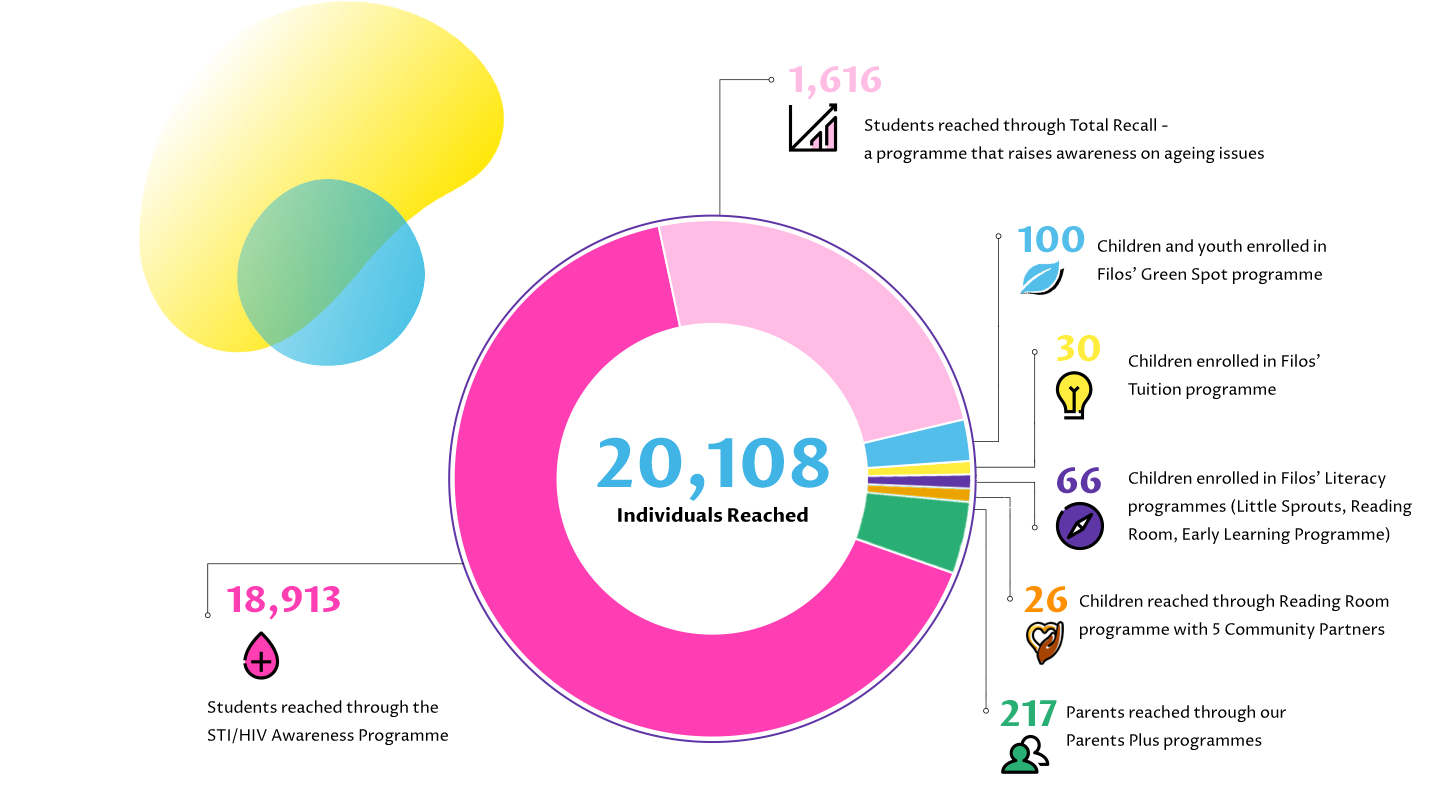
Source: 2024, Filos Community Services
Family, Children and Youth Programmes
Parenting Programmes
.jpg)
The Parents Plus programmes are evidence-based workshops that equip parents with skills in building satisfying relationships and managing emotional and behavioural issues with their children.
Modules include:
- Parents Plus Early Years Programme (PPEY)
for parents with children from 1 - 6 years old - Parents Plus Early Years Core Delivery (adapted from PPEY)
for parents with children from 1 - 6 years - Parents Plus Children’s Programme (PPCP)
for parents with children from 6 - 11 years old - Parents Plus Adolescents Programme (PPAP)
for parents with children from 11 - 16 years old - Parents Plus Healthy Families (PPHF)
for parents with children from 1 - 12 years old - Parents Plus Special Needs Programme (PPSN)
for parents of children and young adults from 11 - 25 years old
Children & Youth Programmes
Filos believes in advancing educational equity for children from disadvantaged families through improving their literacy and numeracy skills so that they will have the competencies to do well in school.
As part of holistic development, Filos also promotes the adoption of healthy habits and trains students in life skills to equip them to cope with challenges and build their resilience.

Project P.E.E.R.
Launched in 2024, Project P.E.E.R (Play. Eat. Exercise. Rest) is part of the nationwide Movements for Health (M4H) initiative by the Ministry of Health Office for Healthcare Transformation (MOHT). It is supported with funding sponsorship from The Majurity Trust.
Filos’ Project P.E.E.R aims to raise awareness and create opportunities for children and their families to adopt and advocate healthy habits within their communities. Health messages, linked to the themes of socialisation, nutrition, physical activity, and sleep, are shared regularly through the following programmes by Filos: a) Reading Room Special, b) Green Spot, and c) Parents Plus Healthy Families.
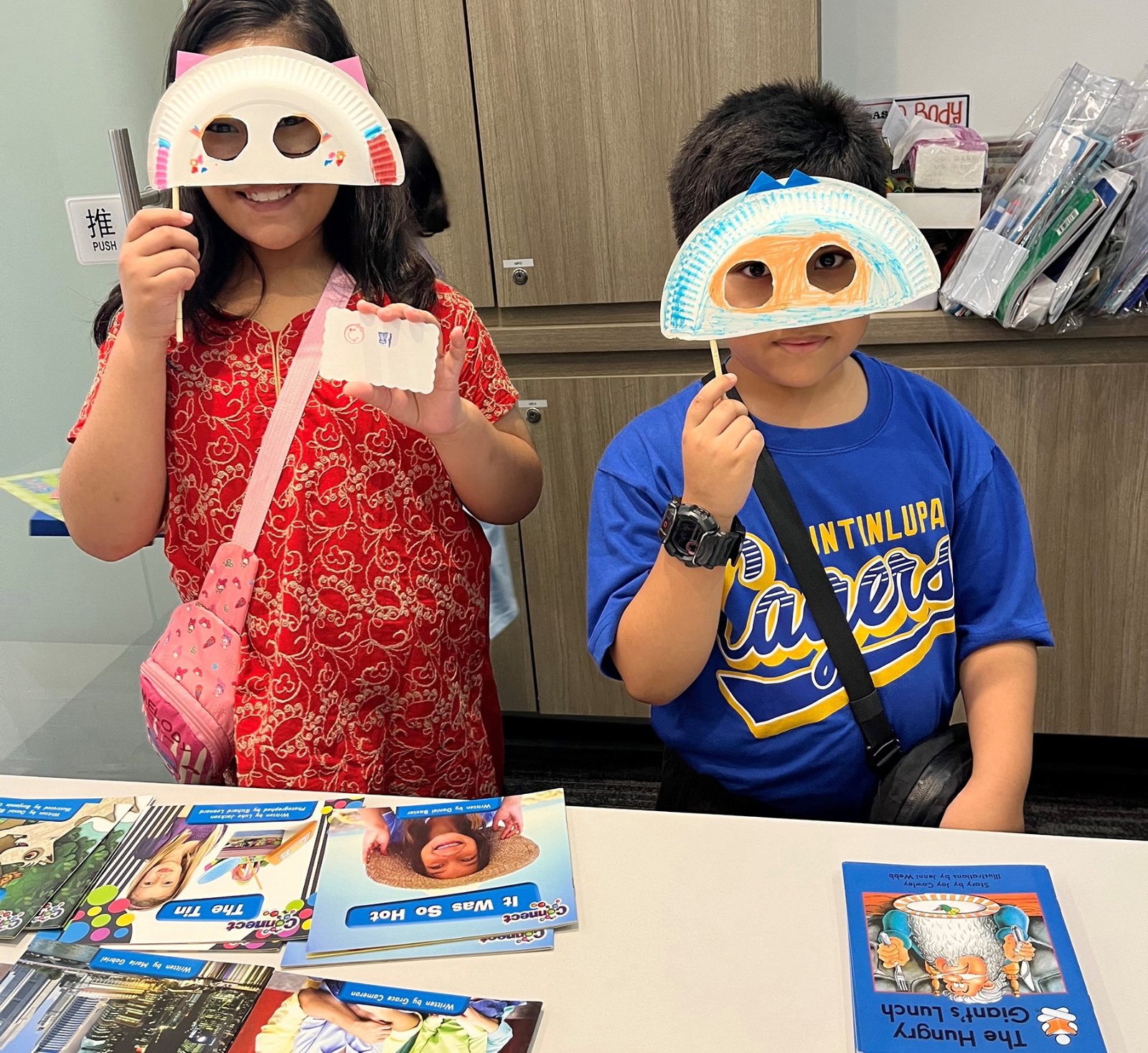
Reading Room
The Reading Room is a weekly reading programme to support literacy in young children from vulnerable backgrounds. The programme aims to cultivate a love for reading through storytelling.
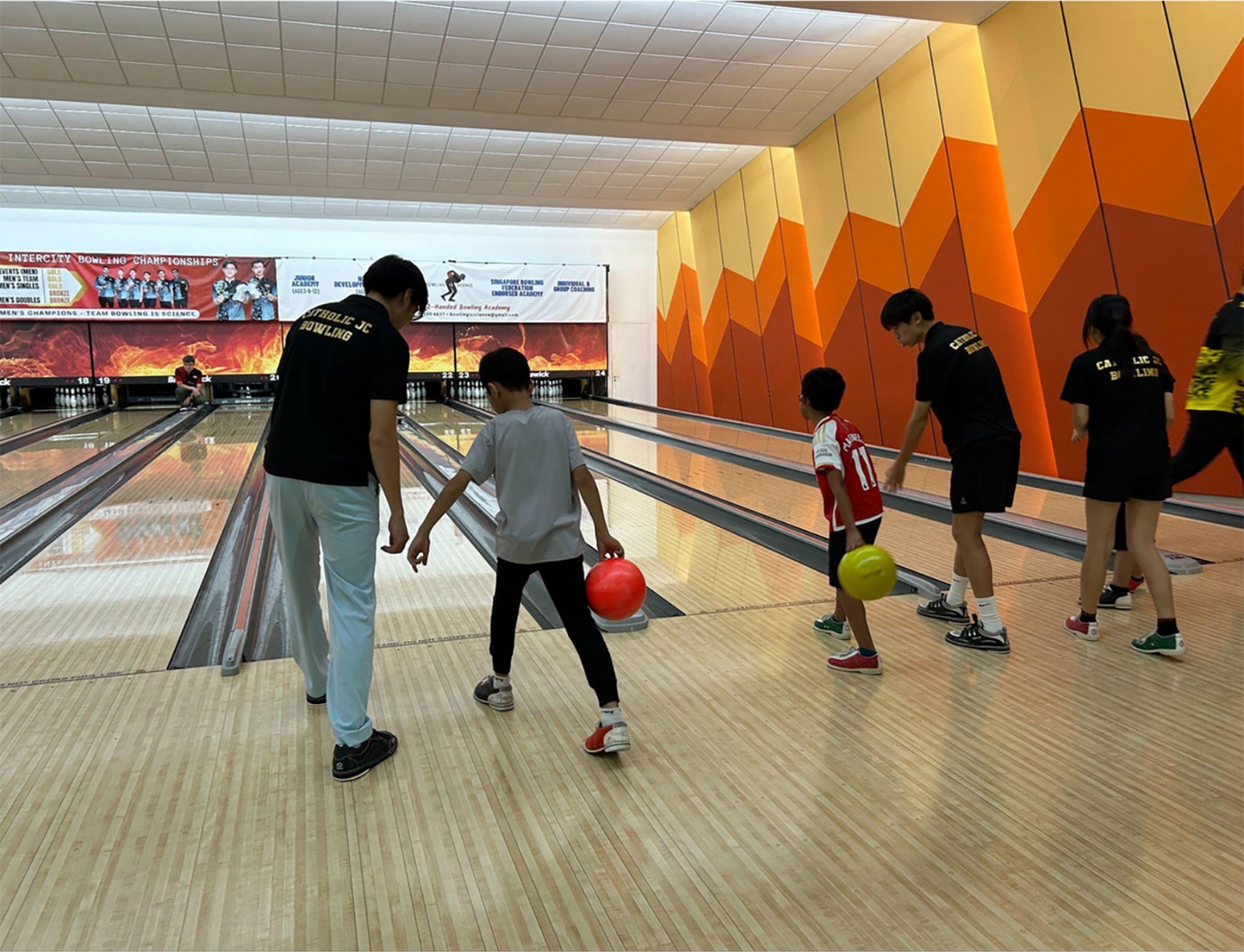
Green Spot
The Green Spot aims to equip children, youth and families with the knowledge and skills to develop resilience and adopt a healthier lifestyle.
Enrichment programmes and meaningful activities are conducted throughout the year to promote the adoption of healthy habits, as well as building resilience for better mental health. During school holidays, family outings are organised to provide opportunities for parent-child bonding.
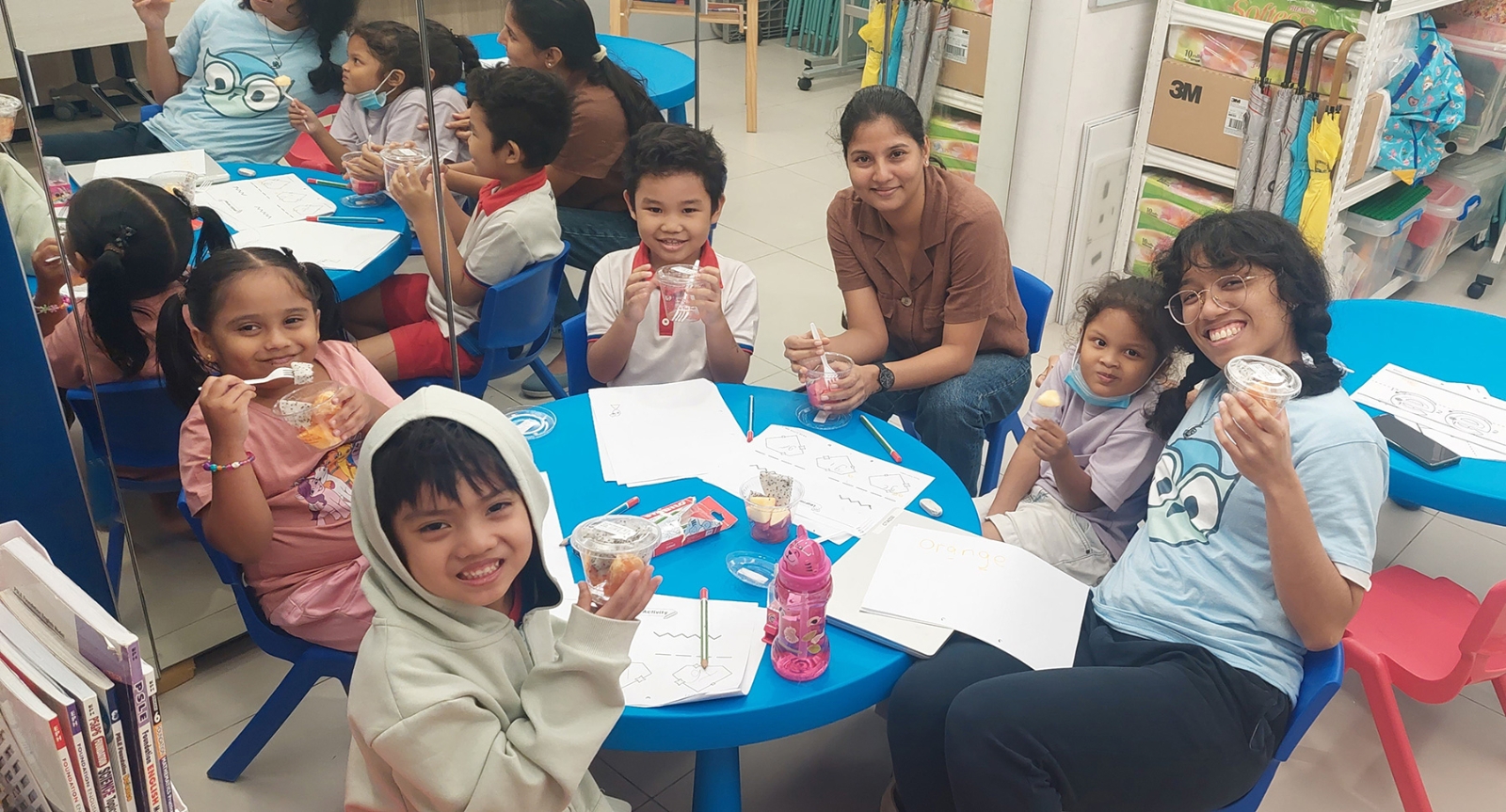
Little Sprouts Phonics
The Little Sprouts Phonics Programme is conducted weekly to support preschool children from vulnerable backgrounds in learning to read and write in English through the use of phonics.
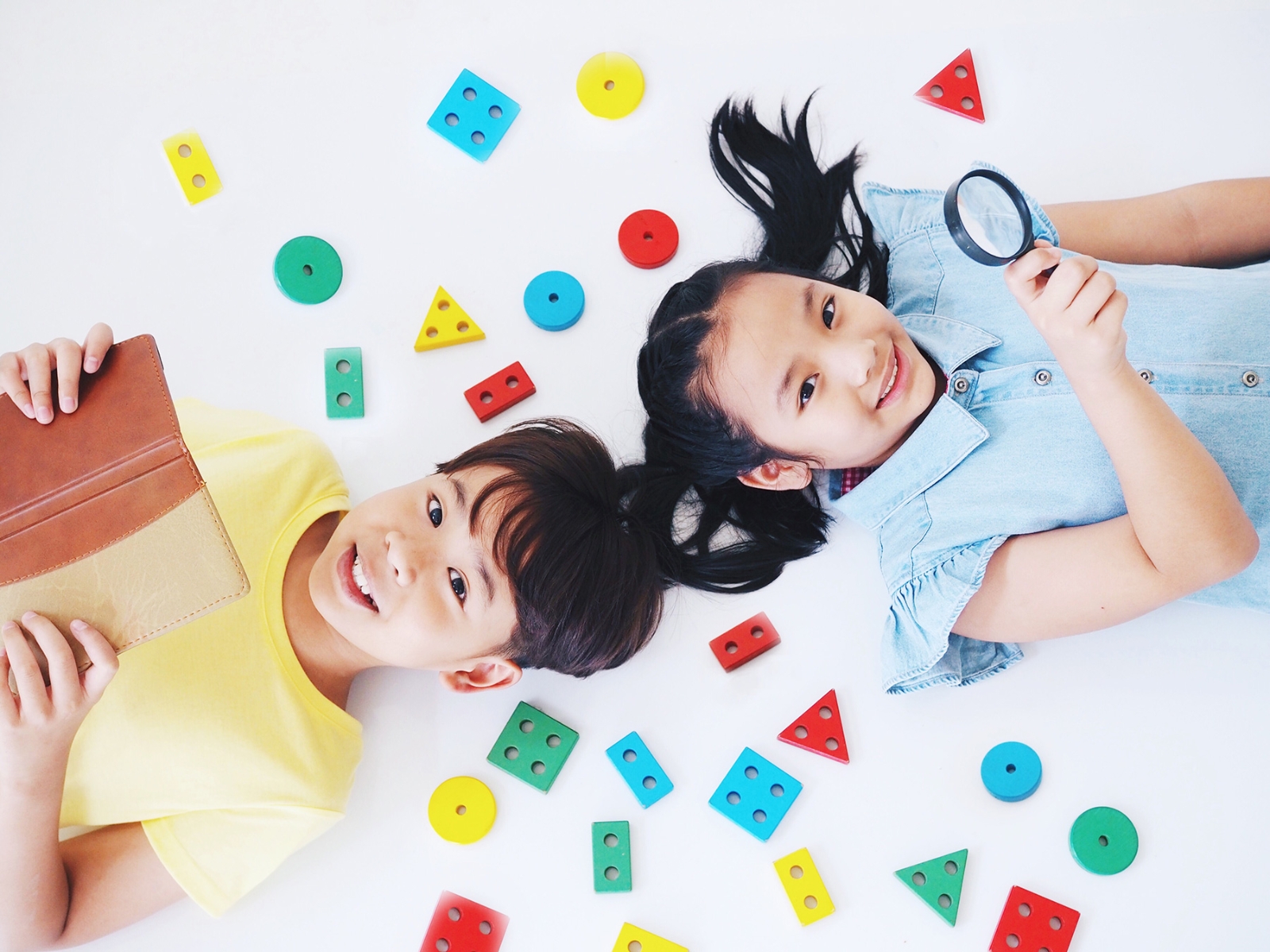
Early Learning Programme
The Early Learning Programme aims to help children from vulnerable backgrounds attain age-appropriate literacy and numeracy skills necessary for their primary school years. It consists of weekly sessions where volunteers guide the children in learning English and Math through interactive methods.
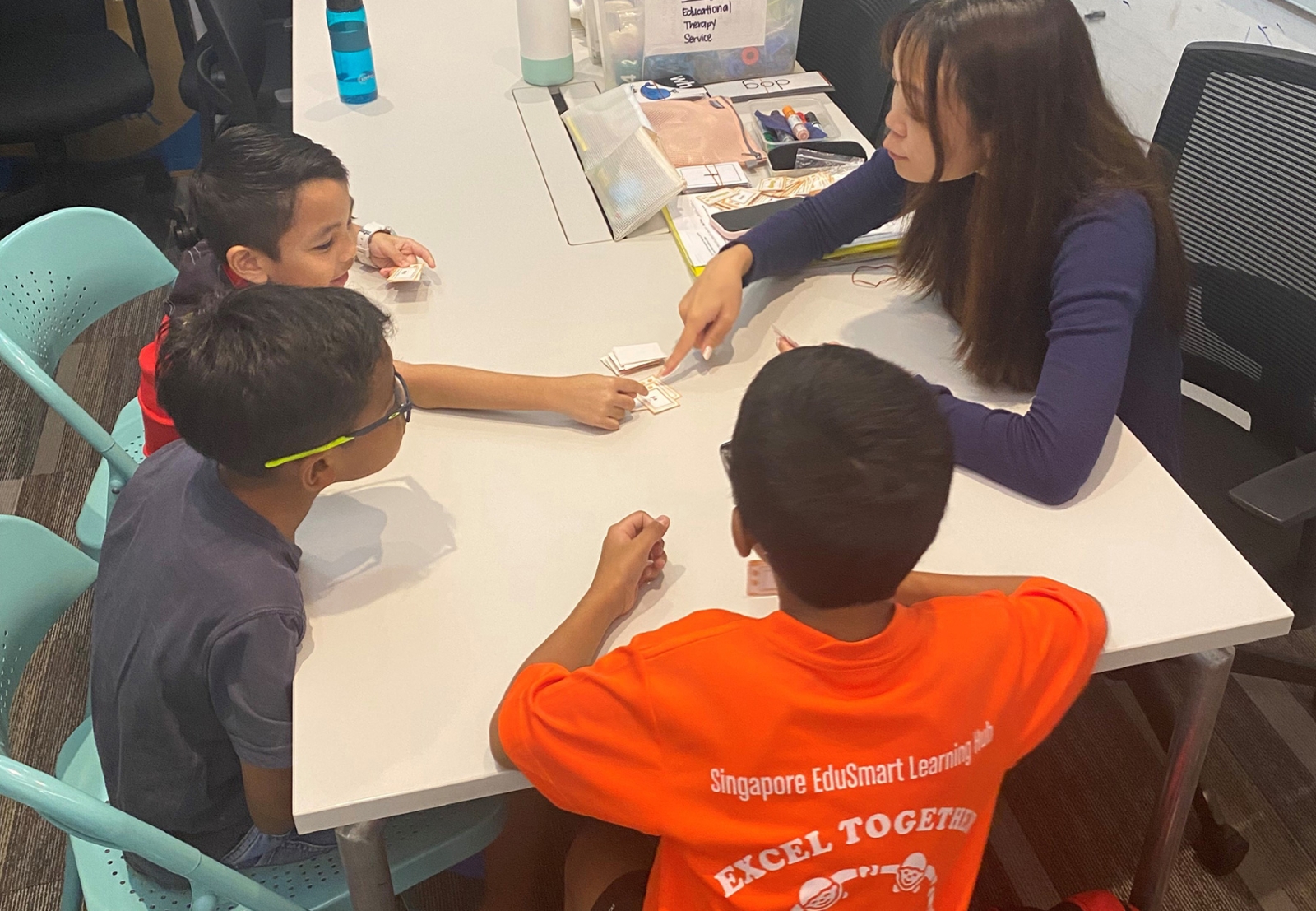
Tuition Programme
Filos provides a weekly tuition programme in a safe, caring and fun learning environment for Primary 1 to Primary 6 students. The tuition sessions are conducted by our dedicated Volunteer Tutors on the core subjects including English, Mathematics and Science.

Total Recall Life Skills Programme
Total Recall is a programme that aims to help students gain awareness of common issues, such as dementia, faced by the elderly. It is important to educate our children and youth on these matters so that they will develop a greater sense of empathy towards the elderly. The programme is available for primary, secondary and junior college students.